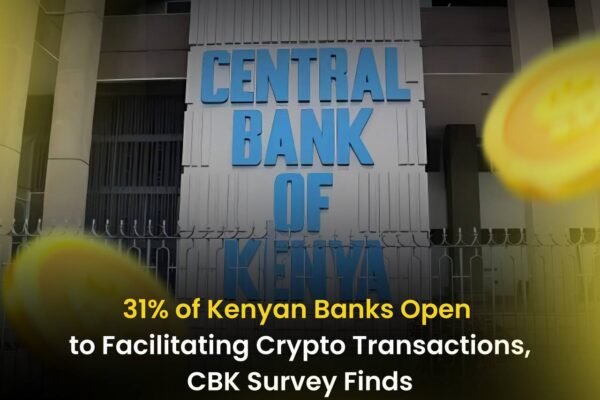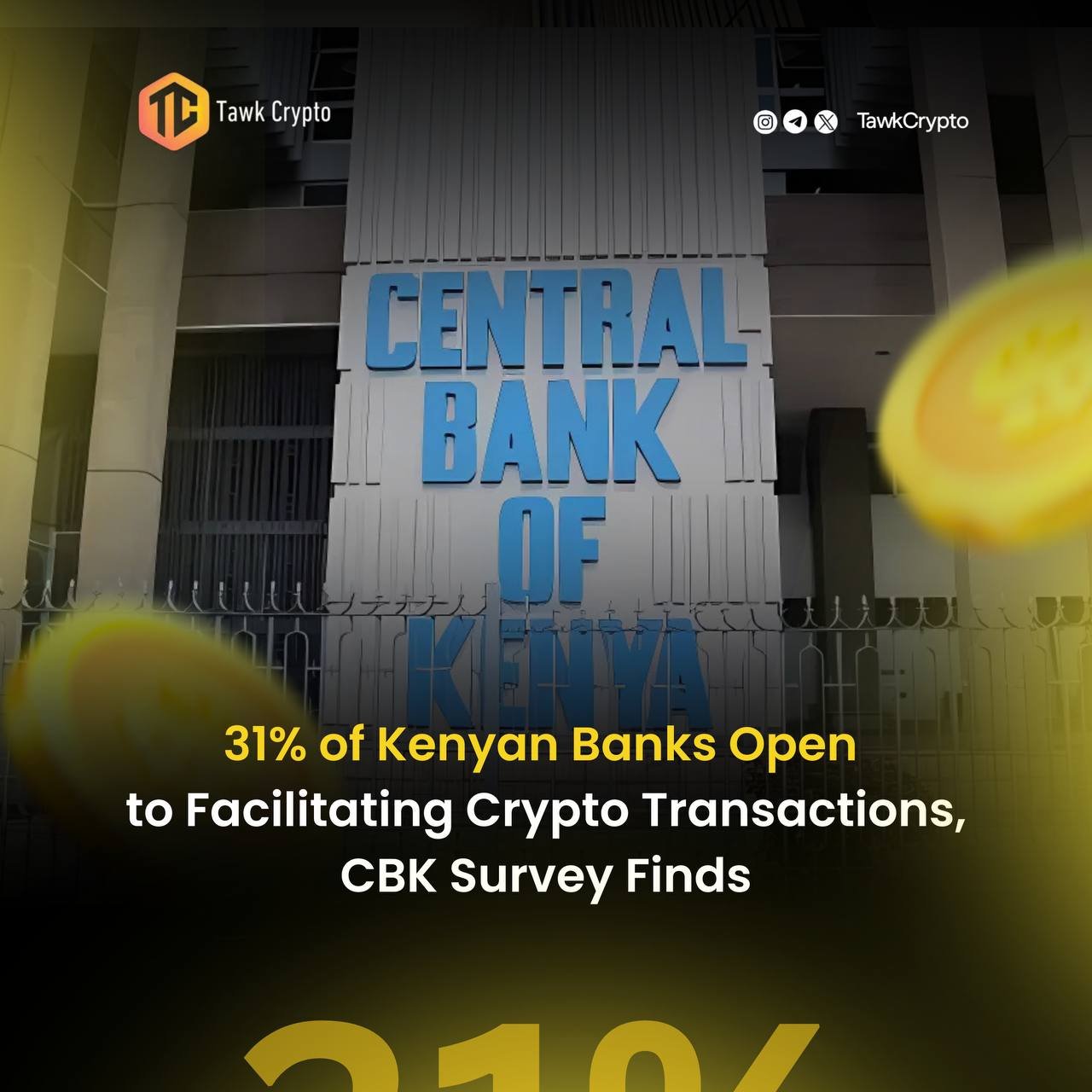

US Court Rules Tornado Cash Sanctions Unlawful
In a historic ruling, the U.S. Fifth Circuit Court of Appeals has declared that sanctions imposed on Tornado Cash, a decentralized privacy protocol, were unlawful. This decision represents a significant win for advocates of crypto privacy and open-source innovation, challenging the U.S. Treasury Department’s unprecedented action to sanction blockchain-based smart contracts.
Background: The Tornado Cash Saga
What Is Tornado Cash?
Tornado Cash is an open-source, decentralized cryptocurrency mixer built on Ethereum. It allows users to enhance transaction privacy by breaking the on-chain link between sender and recipient addresses. By utilizing zero-knowledge proofs, the protocol ensures users can transact privately while maintaining blockchain transparency.
The Sanctions
In August 2022, the U.S. Treasury’s Office of Foreign Assets Control (OFAC) sanctioned Tornado Cash, adding its smart contracts and associated entities to the Specially Designated Nationals (SDN) list. This marked the first time open-source code was sanctioned, sparking widespread criticism.
The Treasury claimed that Tornado Cash was being exploited by bad actors, including North Korea’s Lazarus Group, to launder over $7 billion in illicit funds. This included cryptocurrency stolen from DeFi hacks and ransomware attacks.
Backlash and Legal Challenges
The sanctions were met with immediate opposition:
- Open-Source Advocacy: Critics argued that sanctioning immutable smart contracts was akin to sanctioning a piece of code, raising concerns over free speech and innovation.
- Crypto Industry Pushback: Organizations like Coinbase funded legal challenges against the sanctions, arguing they overstepped the Treasury’s authority.
- Human Rights Concerns: Privacy advocates highlighted how Tornado Cash was also used for legitimate purposes, such as protecting financial data, supporting dissidents, and facilitating private donations to causes like Ukraine’s defense effort during the Russian invasion.
The Court’s Ruling: Why Sanctions Were Unlawful
The Fifth Circuit Court ruled that OFAC’s actions violated its legal authority. Key highlights of the decision include:
- Smart Contracts Are Not “Property”
The court determined that Tornado Cash’s immutable smart contracts could not be classified as “property” because they are autonomous and cannot be owned or controlled by any individual or entity. Thus, these smart contracts do not fall within the scope of entities that OFAC is authorized to sanction. - Overreach of Treasury Authority
The court found that the Treasury’s sanctions stretched its authority to unprecedented levels. By targeting open-source technology, the sanctions effectively penalized all users of Tornado Cash, including those engaging in lawful activities, which Congress did not authorize. - Protection of Innovation and Liberty
The court acknowledged the broader implications of the sanctions, emphasizing that blocking access to open-source, privacy-protecting tools sets a dangerous precedent that could stifle innovation and infringe on individual freedoms.
Implications of the Ruling
1. Removal from the SDN List
Following the ruling, Tornado Cash’s smart contracts must be removed from the SDN list, allowing U.S. residents to use the protocol without fear of legal repercussions.
2. Precedent for Future Cases
This decision sets a powerful precedent for the crypto industry, particularly regarding how decentralized protocols and open-source technology are treated under the law. It reinforces the principle that technology itself cannot be inherently criminal.
3. Renewed Debate on Privacy in Crypto
The ruling reignites the discussion about balancing privacy and compliance in crypto. While no one disputes the need to prevent criminal activity, the decision underscores that targeting entire protocols is not a viable solution.
Industry Reactions
Paul Grewal, Coinbase’s Chief Legal Officer, celebrated the decision, stating:
“Privacy wins. Today the Fifth Circuit held that @USTreasury’s sanctions against Tornado Cash smart contracts are unlawful. This is a historic win for crypto and all who care about defending liberty. @Coinbase is proud to have helped lead this important challenge.”
Grewal emphasized that while no one supports the use of crypto for illicit purposes, sanctioning open-source protocols went beyond the authority granted to the Treasury, and the court’s decision affirmed this view.

The Road Ahead
While the Tornado Cash ruling is a victory for privacy advocates, challenges remain:
- Regulatory Clarity: The case highlights the urgent need for clear, fair rules governing crypto privacy protocols without stifling innovation.
- Legitimate Privacy vs. Criminal Activity: Policymakers must strike a balance between enabling financial privacy and combating illicit use cases.
- Global Implications: The ruling could influence how other jurisdictions approach crypto regulation, particularly regarding decentralized and open-source technologies.
Conclusion
The Fifth Circuit’s decision marks a watershed moment for the crypto industry, reaffirming the importance of privacy, innovation, and due process in regulation. As the dust settles, this ruling is likely to shape the future of blockchain governance and the ongoing dialogue between the crypto community and regulators.
Stay tuned for more updates on this groundbreaking case and its implications for the world of decentralized finance and privacy.
What are your thoughts on the court’s decision? Let us know in the comments or join the conversation on TawkCrypto’s socials!







